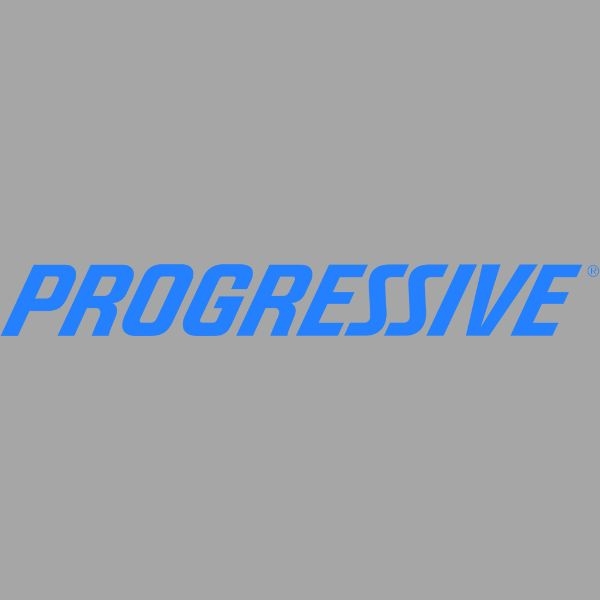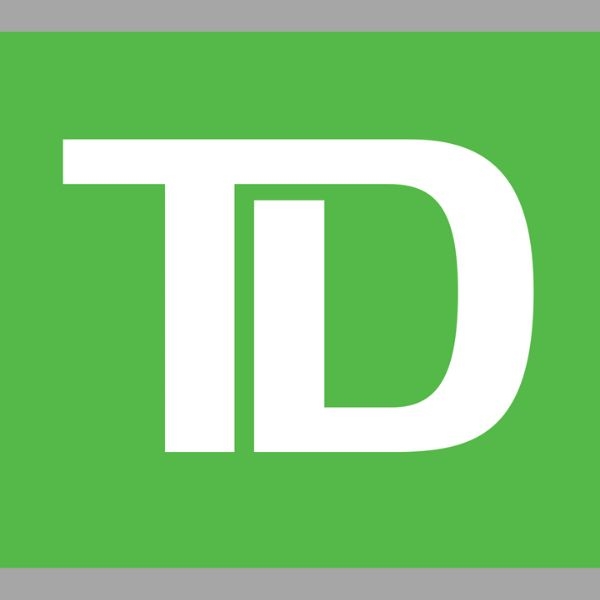In today's corporate landscape, diversity, equity, and inclusion (DEI) have become pivotal elements driving organisational success and innovation. With the global DEI market projected to reach $17.2 billion by 2027, according to Global Industry Analysts, it's evident that businesses are increasingly investing in DEI initiatives. In 2020 alone, the market stood at $7.5 billion, underscoring the rapid growth and significance of this sector.

The United States stands at the forefront of DEI spending, accounting for nearly half of the total expenditure in 2020, with $3.4 billion allocated towards fostering diversity and inclusion within workplaces. This figure is expected to soar to $8 billion by 2027, reflecting the escalating focus on DEI within American corporations. Employers across industries are amplifying their commitment to diversity by actively recruiting and advancing individuals from diverse backgrounds, including varying ages, races, genders, sexual orientations, and abilities. They understand that a diverse workforce not only mirrors the broader society but also brings a multitude of perspectives and experiences to the table.
Progressive was America’s greatest workplace for diversities in 2023.
ALSO READ| America’s Largest Public Companies
10 America’s Greatest Workplaces for Diversity 2024
As the spotlight on diversity intensifies within corporate circles, distinguishing truly inclusive organisations becomes crucial for job seekers, customers, and potential partners alike. Amidst this landscape, TD Bank has emerged as a standout example of commitment to diversity and inclusion.

Notably, TD Bank's ascent from No. 9 in 2022 to No. 2 in 2023 underscores its dedication to fostering a diverse workforce. This consistent recognition highlights TD Bank's ongoing efforts to prioritise inclusivity and create an environment where all individuals feel valued and supported. Such strides not only enhance the company's reputation but also signal its proactive approach to driving positive change within the industry. Here is the complete list:
| Rank | Name | Industries | Employees | Year Founded |
| 1 | Progressive | Insurance | 55,100 | 1937 |
| 2 | TD Bank | Banking and Financial Services | 95,000 | 1855 |
| 3 | TIAA | Banking and Financial Services | 1918 | |
| 4 | Air Products & Chemicals | Construction, Oil & Gas Operations, Mining and Chemicals | 22,000 | 1940 |
| 5 | Clorox | Packaged Goods | 9,000 | 1913 |
| 6 | Humana | Insurance | 67,100 | 1961 |
| 7 | Interpublic Group (IPG) | Media & Advertising | 58,400 | 1930 |
| 8 | Citigroup | Banking and Financial Services | 240,000 | 1812 |
| 9 | Williams-Sonoma | Retail and Wholesale | 21,000 | 1956 |
| 10 | Booz Allen Hamilton | Professional Services | 29,300 | 1914 |
The benefits of diversity extend far beyond social responsibility; diverse teams are proven to drive creativity and innovation. By harnessing a blend of perspectives and backgrounds, organisations create an environment where fresh ideas flourish and novel solutions emerge. In essence, diversity becomes a catalyst for growth, propelling companies towards greater competitiveness and resilience in an ever-evolving market landscape.
Note: The list will be updated as soon as the data for 2024 is available.
ALSO READ| America’s Largest Private Companies
Methodology
This list is based on Forbes' "America’s Best Employers For Diversity 2023" report, in collaboration with market research firm Statista and presents a comprehensive evaluation of organisations' commitment to diversity and inclusion. Through a rigorous survey process involving over 45,000 employees in the United States, working in companies with a minimum of 1,000 employees, the rankings were determined.
Participants provided anonymous ratings of their organisations, considering various diversity criteria including age, gender, ethnicity, disability, LGBTQ+ equality, and overall diversity initiatives. Importantly, respondents from underrepresented groups were not only surveyed about their own companies but were also invited to recommend other businesses.
Furthermore, the rankings took into account each company's diversity-related best practices, such as the presence of employee resource groups, the publication of diversity data, and the representation of women in board and executive positions. This holistic approach ensured that the rankings reflected both employee perceptions and concrete measures taken by organisations to promote diversity and inclusion in the workplace.
ALSO READ| The World’s Best Employers
ALSO READ| America’s Best Employers For Women
ALSO READ| America’s Best Employers For New Grads
Comments
All Comments (0)
Join the conversation